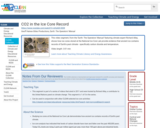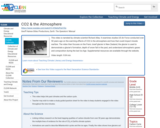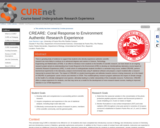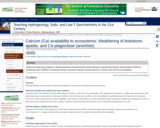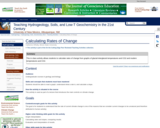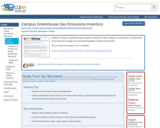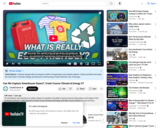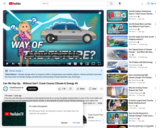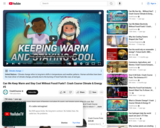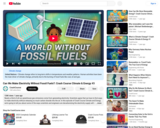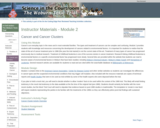Short Description:
In this introductory book on CSR and Sustainability Communication, we discuss the evolution of the sustainability story in corporate, political, and environmental discourses as well as paradigms and theoretical approaches to better understand communication about, of and for sustainability. The textbook follows a strategic communication perspective and offers practical examples and exercises for making sustainability and related issues accessible and comprehensible, for co-creating social change. The book offers students and instructors as well as (future) communication strategists and campaigners foundations, strategies, tools and methodologies of sustainability communication to create a new story and take authorship for the new narrative. Furthermore, it attracts professionals, advocates, and academics who are passionate about taking proactive roles in restoratively addressing the pressing interrelated sociocultural and ecological issues if our times, to become reflexive leaders and advocates.
Long Description:
Over the last two decades, sustainability has become a widespread normative framework or regulatory idea – mostly communicated in a context of sustainable development and thus as ‘alternative to’ or ‘fight against climate change’. Sustainability is generally defined as the fact that a given activity or action is capable of being sustained and therefore continued, related to the responsibility for the future, meeting global needs, the protection of the environment, development and ecocultural consciousness as a deeper logic and matter of life, as well as participation and engagement. Thus, sustainability communication encompasses the relationship between humans and their environment and focuses on social discourses (Godemann at al., 2011). Here, a critical approach seems to be fruitful to grasp the largely amorphous concept of sustainability that gets bent into many different shapes in the public sphere (Weder et al., 2019a; 2021; Dimitrov, 2018).
For the introductory book at hand, we focus on the role of strategic communication in shaping sustainability as current narrative of our society in relation to the ‘old’ climate change narrative of destruction and imbalance between human and nature. Therefore, we conceptualize the evolution of the sustainability narrative as core process of strategic communication. We focus on organizations and their responsibility towards the society (Corporate Social Responsibility) and identify the potential of strategic communication for a transition of the old to the ‘new’ narrative.
After the clarification of the basic paradigms of Corporate Responsibility, Environmental and Social Governance, and Sustainability as normative framework and narrative of the future, we introduce the basic paradigms of communication, communication from a functional, rather instrumental and critical, social-constructivist perspective, before we focus on sustainability and CSR communication and related strategies and tactics of content-related, storytelling-focused communication management.
In this introductory book on CSR and Sustainability Communication, we discuss the evolution of the sustainability story in corporate, political, and environmental discourses as well as paradigms and theoretical approaches to better understand communication about, of and for sustainability. The textbook follows a strategic communication perspective and offers practical examples and exercises for making sustainability and related issues accessible and comprehensible, for co-creating social change. The book offers students and instructors as well as (future) communication strategists and campaigners foundations, strategies, tools and methodologies of sustainability communication to create a new story and take authorship for the new narrative. Furthermore, it attracts professionals, advocates, and academics who are passionate about taking proactive roles in restoratively addressing the pressing interrelated sociocultural and ecological issues if our times, to become reflexive leaders and advocates.
Word Count: 36013
ISBN: 978-1-74272-361-7
(Note: This resource's metadata has been created automatically by reformatting and/or combining the information that the author initially provided as part of a bulk import process.)

